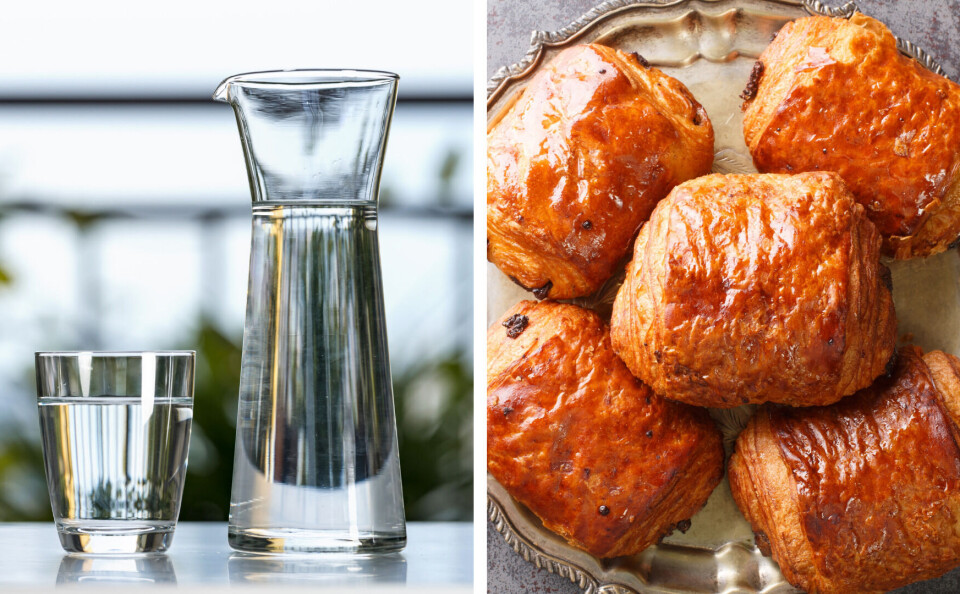-
Learning French: when and why do we say être dans de beaux draps?
A misleading phrase to describe being in a (sheety) sticky situation
-
Learning French: what does flipper mean and when should it be used?
An informal word for when you are red with rage or white with fear
-
Duck Cold! Four French phrases to use when it is freezing outside
France's current cold spell is set to continue for the next few days - we remind you of French expressions to use to describe the drop in temperature
Do you know these regional variations of common French terms?
Pichet, cruche, broc à eau, carafe, pot d’eau or pot à eau- how would you order a jug of water in a restaurant?

Everyday vocabulary varies throughout France, and newcomers sometimes find themselves excluded for using the right word in the wrong place.
It pays to talk like the locals in any country. In the UK, northerners eat baps and barms, play tig and eat tea. Southerners eat rolls, play tag and eat dinner.
There are similar variations in France which work as subtle indications of who is integrated into the area and its customs.
For example, order a pain au chocolat in the south west and you will be understood but also be known as something of an outsider. Most locals call it a chocolatine.
The website Francais de nos régions has been cataloguing variations such as this to find out who says what and where.
‘Tap water please’
Some terms vary much more than this. How people order a jug of tap water in a restaurant varies tremendously from region to region: Pichet, cruche, broc à eau, carafe, pot d’eau or pot à eau.
‘One ice lolly please’
In other cases, the common word in each region is simply due to it being the most famous brand there. Ice lollies, Ice pops or popsicles can be called Mr Freeze, Pirouli, Yéti, or where marketing has failed, glace à l’eau:
‘I don’t want the heel’
The heel of a baguette, or the witches hat, is variously known as a quignon, croûton, croustet, crotchon or on border with Belgium, as a cul:
I stumbled
Some of the variations in French show how old local languages can bleed into modern use. This is the case with empéguer, to trip, which comes from the Occitan empegar, to be stuck:
Tig
Just as in English, tig or tag has regional variations:
When in Rome….
Speaking the language is not enough. After all, many Americans in the UK make the effort to say football instead of soccer and pavement instead of sidewalk.
Little adaptations can help foreigners to be immediately understood or at least reduce potential points of friction.
So next time try to order a cruche with your meal in the north east, a pot-à-eau in the south and a pichet in Brittany… or scrap all that and get a Perrier!
Related articles:
Do you know the English equivalents of these 5 French expressions?
14 words that change dependent on where you are in France























